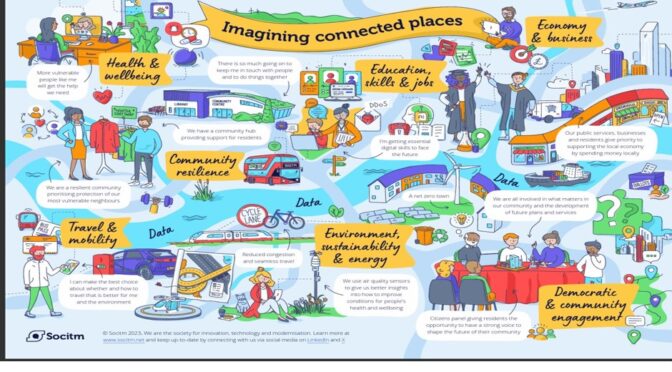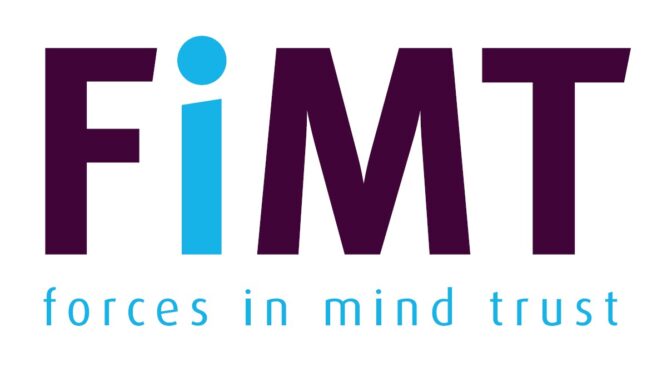Society for Innovation, Technology and Modernisation
Towards Connected Places: Insights Into Actions
The Society for Innovation, Technology and Modernisation consultation looked at enabling and empowering place-based leadership and transformation in an era of turbulent times, devolution, climate change and emerging technologies. Participants shared insights as to what works, what needs to change, and the actions needed to bring about place-based social, environmental, economic and technological progress.
The aim being to help the Socitm Institute establish a policy into a practice framework that will help turn insights into practical actions, support the delivery of connected places as imagined in Socitm’s 2021 post covid-regeneration consultation report Resilient people, communities and places.
The intention being to use the framework to help to develop Place-based leadership capabilities built around the effective use of data insights to enable social progress, the responsible use of artificial intelligence, the championing of sustainability and net zero agendas, together with the wider enabling of citizen and community engagement.











